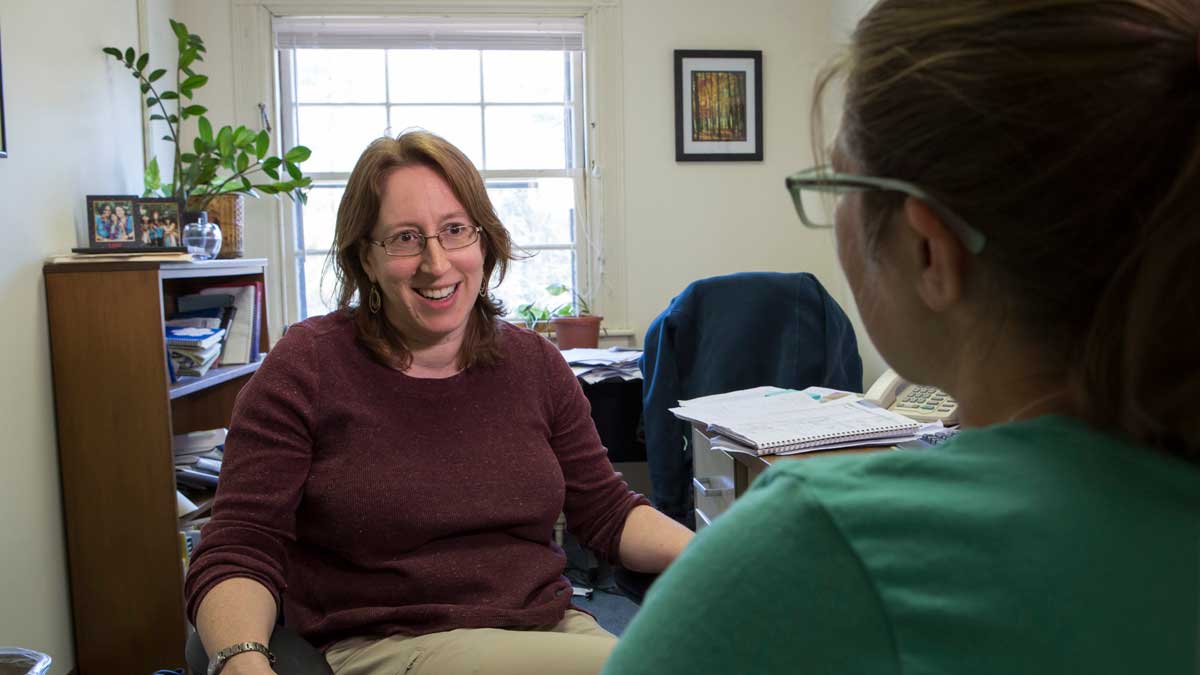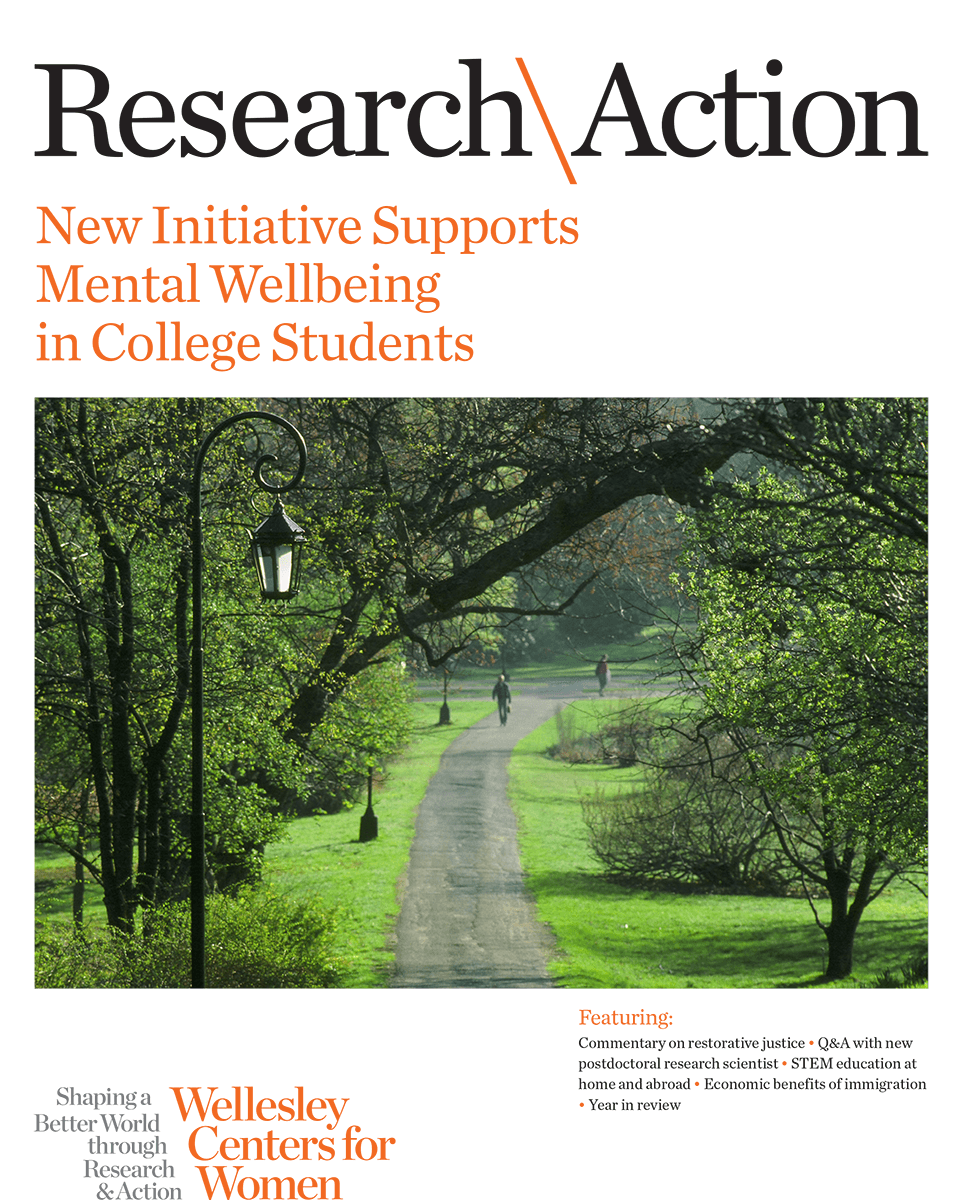 Jennifer M. Grossman, Ph.D., senior research scientist at WCW, had article published in The Journal of Primary Prevention in September 2019.An article co-authored by Jennifer M. Grossman, Ph.D., senior research scientist at WCW, was published in The Journal of Primary Prevention in September 2019. The article investigates the role fathers play in regards to their children’s sexual risk behavior. Previous studies have examined the role of mothers, but this research helps to fill the gap in understanding how fathers’ conversations with their teens about sex affect the choices teens make later on.
Jennifer M. Grossman, Ph.D., senior research scientist at WCW, had article published in The Journal of Primary Prevention in September 2019.An article co-authored by Jennifer M. Grossman, Ph.D., senior research scientist at WCW, was published in The Journal of Primary Prevention in September 2019. The article investigates the role fathers play in regards to their children’s sexual risk behavior. Previous studies have examined the role of mothers, but this research helps to fill the gap in understanding how fathers’ conversations with their teens about sex affect the choices teens make later on.
Grossman worked with Anne Black, Ph.D., of the Yale School of Medicine, Amanda M. Richer, M.A., of WCW, and Alicia Lynch, Ph.D., of Lynch Research Associates, to study fathers’ parenting during their children’s adolescence. Focusing on residential fathers (those who live in the same home as their children), the researchers examined whether and how those fathers’ parenting behaviors—including communication, disapproval of teen sex, parental presence, and closeness—related to sexual risk behaviors reported by their children as young adults. They also studied whether these associations differed depending on the children’s gender or whether the child’s mother was a teen parent.
Adolescents who perceived that their fathers disapproved of teen sex were more likely to make safer choices about sex as young adults, the researchers found. This suggests that fathers’ attitudes about delaying sex are protective for male and female young adults’ sexual health.
“Our study suggests that if a father tells his teen he thinks they should wait to have sex, the teen is more likely as a young adult to use condoms, have fewer sexual partners, and take fewer sexual risks overall,” said Grossman. “It’s powerful to see that teens’ relationships with their fathers make a difference in their health years later.”
Prior research found that mothers’ disapproval of teen sex had similar effects, which suggests that talking with teens about sex is an important task for both mothers and fathers. Though children of teen mothers have a higher likelihood of risky sexual behavior as adults, this study found no differences between children of teen mothers and children of adult mothers when it comes to the impact of fathers’ parenting.
The data used in this paper came from the National Longitudinal Study of Adolescent to Adult Health, a national study funded by multiple agencies that resulted in a large shared set of data on 15,000 people. Grossman and her team’s work was funded by a grant from the Eunice Kennedy Shriver National Institute of Child Health and Human Development at the National Institutes of Health.
What can parents take away from the study? Conversations about sexual health are not solely the domain of mothers; fathers should get involved, no matter the gender of their child.
“Conversations with teens need to go beyond when it’s ok to have sex,” said Grossman. “Express caring and concern for their health and safety. Talk with them on a regular basis about sex and relationships, and share your values—because it seems that dads’ engagement with their teens can really make a difference in their children’s future health.”


